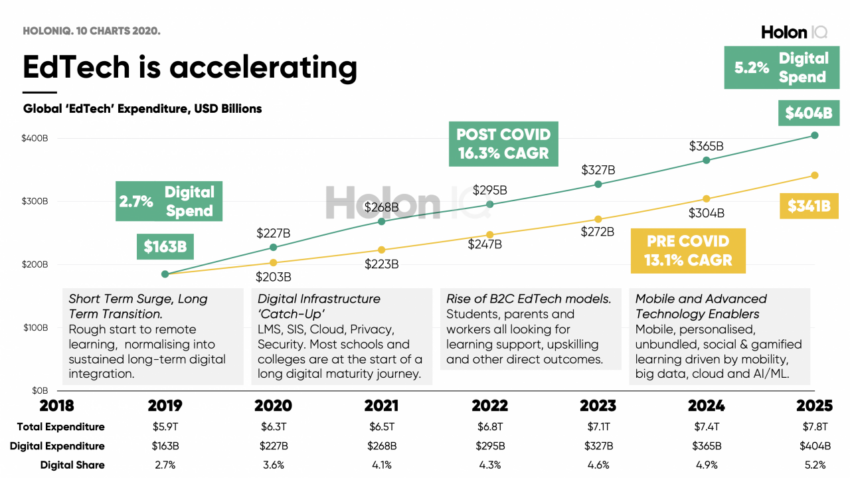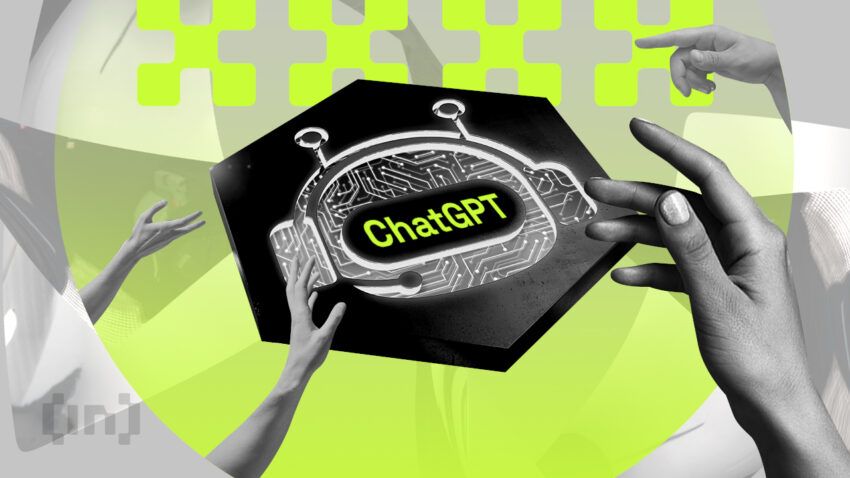OpenAI is pivoting its focus towards the integration of its groundbreaking ChatGPT technology into educational settings. This strategic shift is not just a response to the initial uproar over potential cheating risks but a forward-thinking venture to harness AI’s vast potential in revolutionizing learning and teaching methodologies.
OpenAI’s Chief Operating Officer, Brad Lightcap, announced at a recent conference in San Francisco the formation of a specialized team to delve into the educational applications of ChatGPT.
Does OpenAI’s ChatGPT Have a Place in Education?
This move comes as educators worldwide are exploring ways to incorporate this advanced technology into their curricula. Lightcap emphasized the company’s commitment to assisting educators in this transition.
He explained, underscoring the need for a dedicated team to facilitate this integration:
“Most teachers are trying to figure out ways to incorporate [ChatGPT] into the curriculum and into the way they teach.”
Initially, the release of ChatGPT sparked concerns among educators and regulators regarding its potential misuse as a tool for cheating and plagiarism. This led to a swift backlash, including school bans.
However, perceptions have changed. Lightcap recalled:
“Teachers thought it was the worst thing that had ever happened.”
Yet, within months, the narrative changed as educators began recognizing ChatGPT’s potential as a beneficial educational tool.
Read more: ChatGPT Tutorial: How To Use ChatGPT by OpenAI
Preparing for an AI Future
Complementing these educational initiatives, OpenAI has also formed a preparedness team led by Aleksander Madry of MIT’s Center for Deployable Machine Learning.
This team’s mandate is to assess and manage the risks associated with AI technologies. These include misinformation and cybersecurity threats – critical aspects in ensuring the safe integration of AI in educational environments.
The significance of this venture is underscored by the sheer size of the global education and training market. This market is estimated to reach a staggering $7.3 trillion by 2025 and $10 trillion by 2030.

OpenAI’s engagement in this sector, including partnerships with entities like Khan Academy and Schmidt Futures, is a testament to the transformative role AI can play in education. ChatGPT’s versatility, from aiding in curriculum development to serving as a personalized tutor, makes it a game-changer in personalized education.
However, amid these advancements, concerns about children’s privacy and the need for age verification protocols persist. They also highlight the nuanced challenges of integrating AI into educational frameworks.
As OpenAI navigates these complexities, its dual focus on educational innovation and risk management positions it at the forefront of redefining the education sector in the AI era.
In adherence to the Trust Project guidelines, BeInCrypto is committed to unbiased, transparent reporting. This news article aims to provide accurate, timely information. However, readers are advised to verify facts independently and consult with a professional before making any decisions based on this content.
This article was initially compiled by an advanced AI, engineered to extract, analyze, and organize information from a broad array of sources. It operates devoid of personal beliefs, emotions, or biases, providing data-centric content. To ensure its relevance, accuracy, and adherence to BeInCrypto’s editorial standards, a human editor meticulously reviewed, edited, and approved the article for publication.

